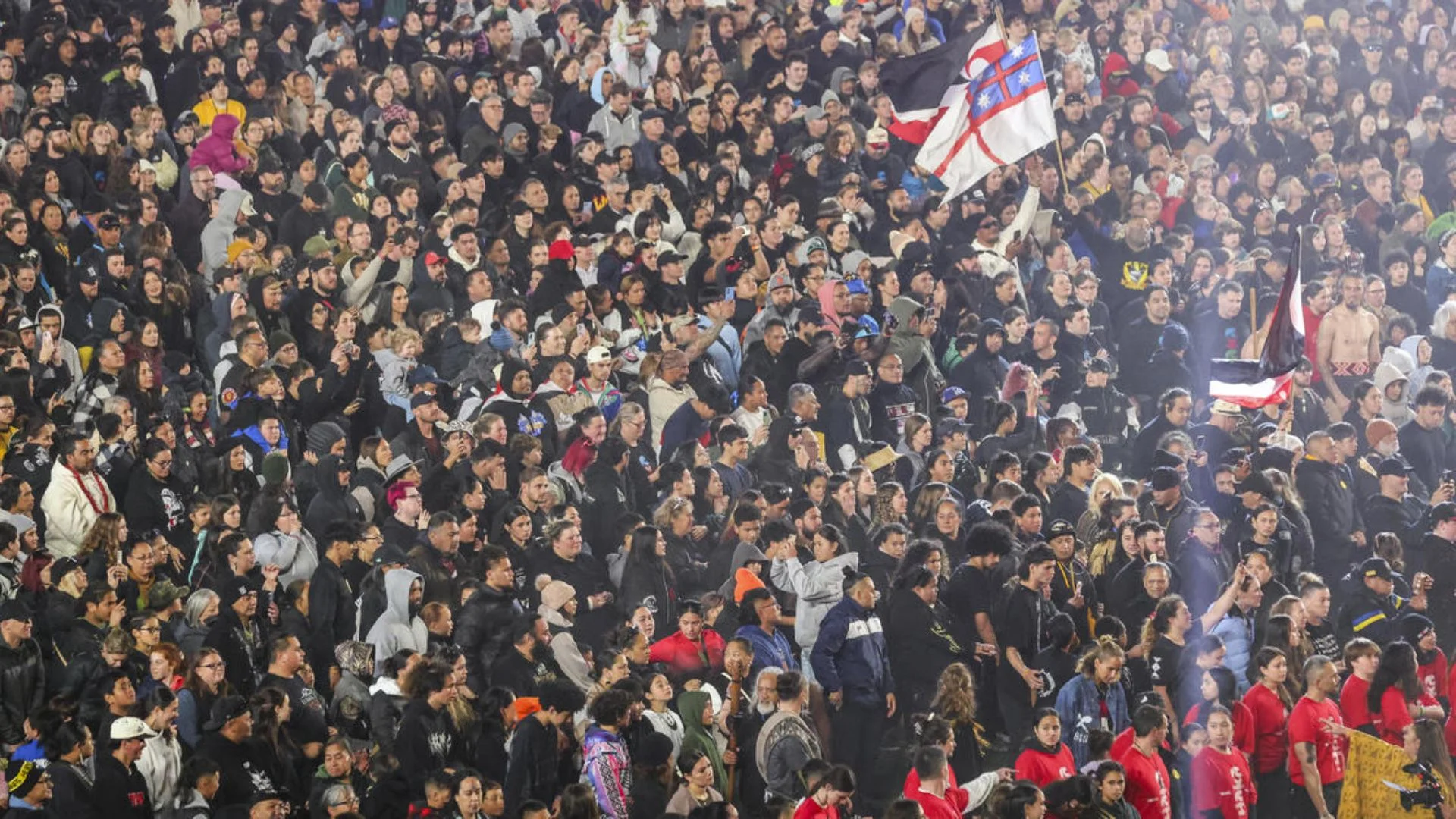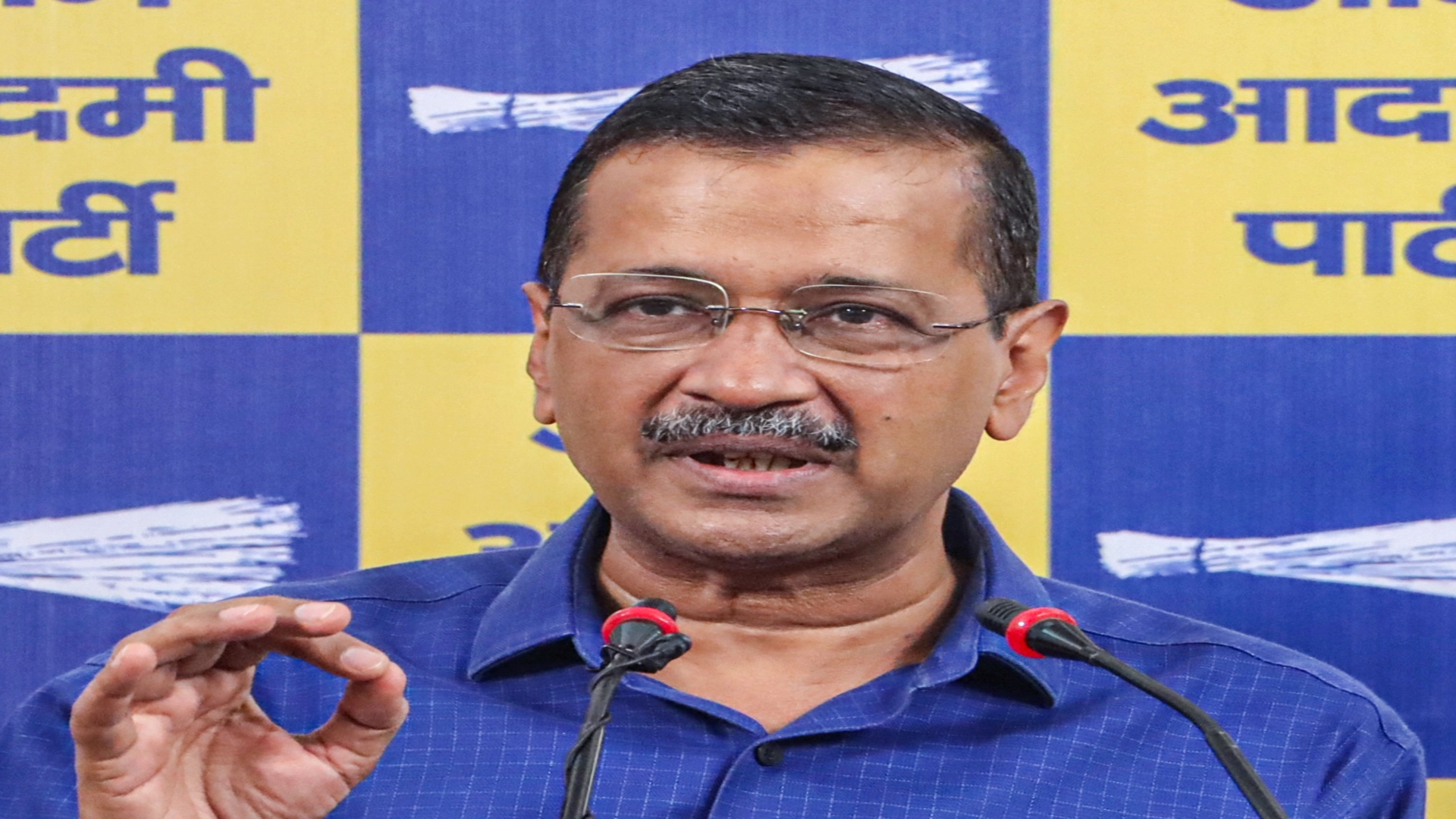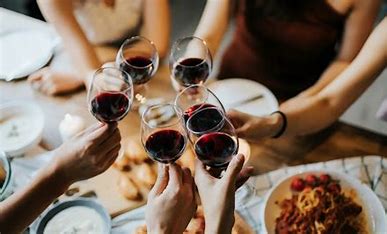
New Zealand has regained the world record for the largest mass haka after over 6,500 participants performed the traditional Māori dance at Auckland’s Eden Park rugby stadium. A total of 6,531 men, women, and children took part in the Ka Mate haka, a dance popularized by the All Blacks rugby team, known for performing it before Test matches.
The record-breaking event was confirmed by an adjudicator, surpassing France’s previous record of 4,028 participants set in September 2014 after a rugby match in Brive-la-Gaillarde. While organizers aimed for a turnout of 10,000, they expressed satisfaction in bringing the record back to New Zealand, where the haka holds deep cultural significance.
Michael Mizrahi, director of the Auckland event, emphasized the importance of the haka as a “national treasure.” He stated, “We want to bring the mana [pride] of the haka back home… It’s not just that we want to take it off the French; it’s got enormous meaning for us as New Zealanders. Some things should be culturally sacred.”
Previous attempts to gather large crowds in New Zealand for the haka had been unsuccessful in receiving Guinness World Records recognition, but this time, an official adjudicator was present. The Ka Mate haka was created around 1820 by warrior chief Te Rauparaha to commemorate his escape from a rival tribe. The Ngati Toa tribe, based in Porirua, Wellington, is recognized under New Zealand law as the cultural guardians of the haka.















